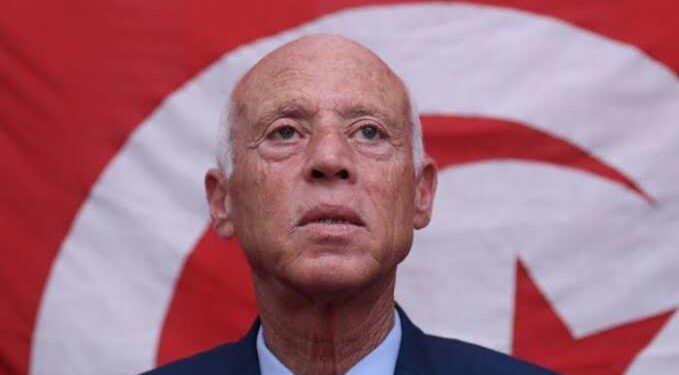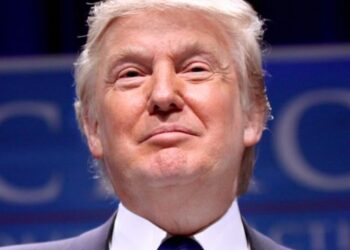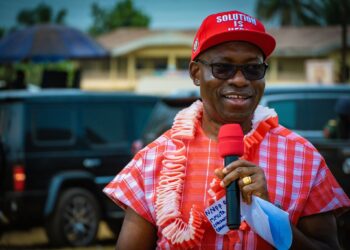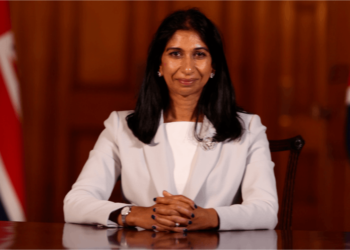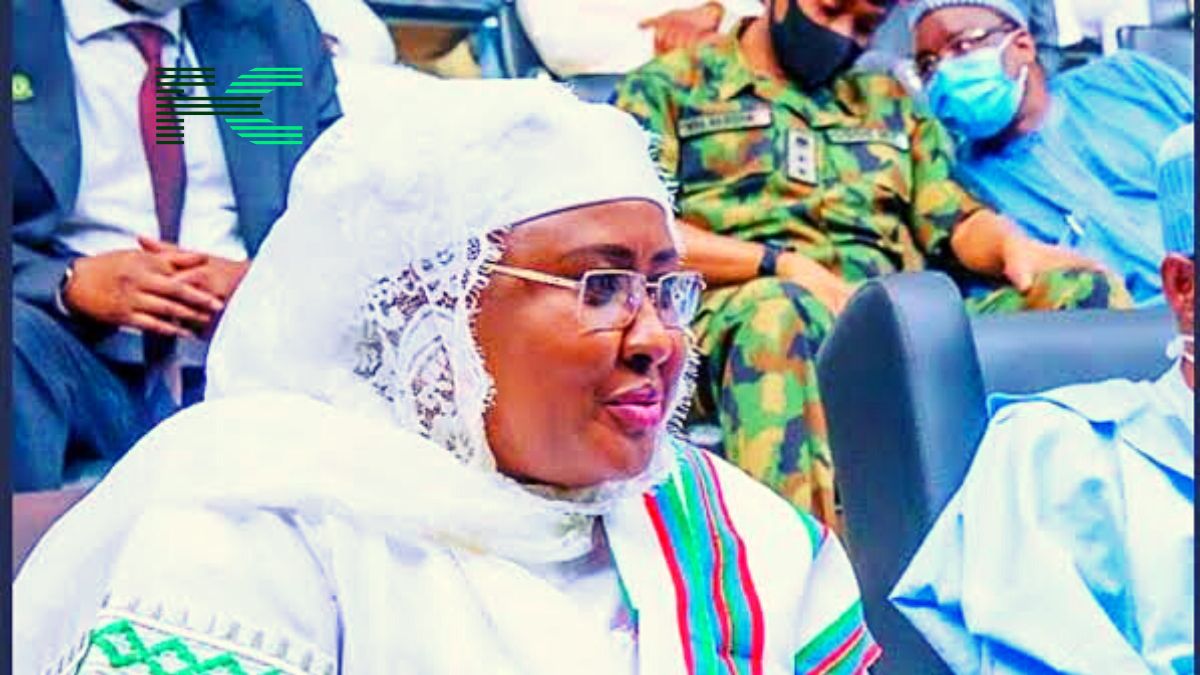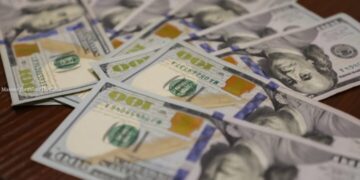Tunisians went to the polls on Sunday for a presidential election with a rather “interesting” twist: the main rival to President Kais Saied is conveniently sitting in a prison cell. The man who posed the biggest threat to Saied’s re-election bid, Ayachi Zammel, was jailed just last month. But that’s not the only red flag waving in Tunisia’s so-called democracy.
Why It Matters
Once celebrated as the lone success story of the 2011 Arab Spring, Tunisia now finds itself teetering on the edge of autocracy under Saied’s rule. Rights groups have voiced their concerns that Saied has systematically dismantled the democratic gains the country achieved, stripping away any semblance of checks and balances on his power. And yet, Saied remains defiant, rejecting all criticism and painting himself as the fearless warrior against a corrupt elite. According to him, the only traitors in Tunisia are those who oppose his iron grip.
Sunday’s ballot featured three candidates—Saied, the leader of the Chaab Party, Zouhair Maghzaoui, and, well, Zammel, the jailed candidate who clearly won’t be campaigning any time soon. And let’s not forget, some of the biggest political parties in Tunisia have seen their senior figures thrown behind bars, with no public endorsements of any candidate. Meanwhile, opposition voices have been systematically silenced.

What They Are saying
One voter, Wael, summed up the sentiment of many disillusioned Tunisians. “The scene is shameful. Journalists and opponents in prison, including one presidential candidate. But I will vote for change,” he said, highlighting the bitter irony of participating in a democratic process that’s becoming more of a farce with each passing day.
The election commission, handpicked by none other than Saied himself, disqualified three prominent candidates last month. This, of course, sparked outrage from opposition and civil society groups. Yet, the protests seem to fall on deaf ears as Saied’s loyal lawmakers have even gone as far as stripping the administrative court of its power to handle election disputes. The final blow to Tunisia’s fragile democracy? Perhaps.
Back in 2011, elections in Tunisia were fiercely contested, drawing huge voter turnouts and reflecting a genuine hunger for change. Fast forward to today, and that enthusiasm has all but disappeared. Why? Economic despair, corruption, and disillusionment have left many Tunisians feeling like there’s no point. Saied, who was elected in 2019, essentially crowned himself the all-powerful ruler in 2021 by dissolving the elected parliament and rewriting the constitution—a move the opposition has rightfully called a coup. A referendum on this new constitution barely got 30% turnout, and the runoff for the new, largely toothless parliament saw a pathetic 11% of voters bothering to show up.
And yet, Saied still enjoys support from some quarters. “Saied is the first president who fought corrupt politicians and influential businessmen, so we will elect him and renew our support for him,” said fruit seller Salem Lahmar. But while some see Saied as a savior fighting corruption, others recognize the disturbing parallels between his regime and Tunisia’s old autocratic rulers.
On the economic front, things remain dire despite the occasional band-aid. Tourism revenues are up, sure, but state finances are on life support. Periodic shortages of subsidized goods, power outages, and water cuts paint a weak picture of Tunisia’s day-to-day reality, despite financial assistance from European countries concerned about the growing migration crisis
Bottom Line
All eyes are now on the election results, but with Saied’s iron grip on power and his blatant disregard for democratic norms, it’s hard to imagine anything resembling a fair contest.

